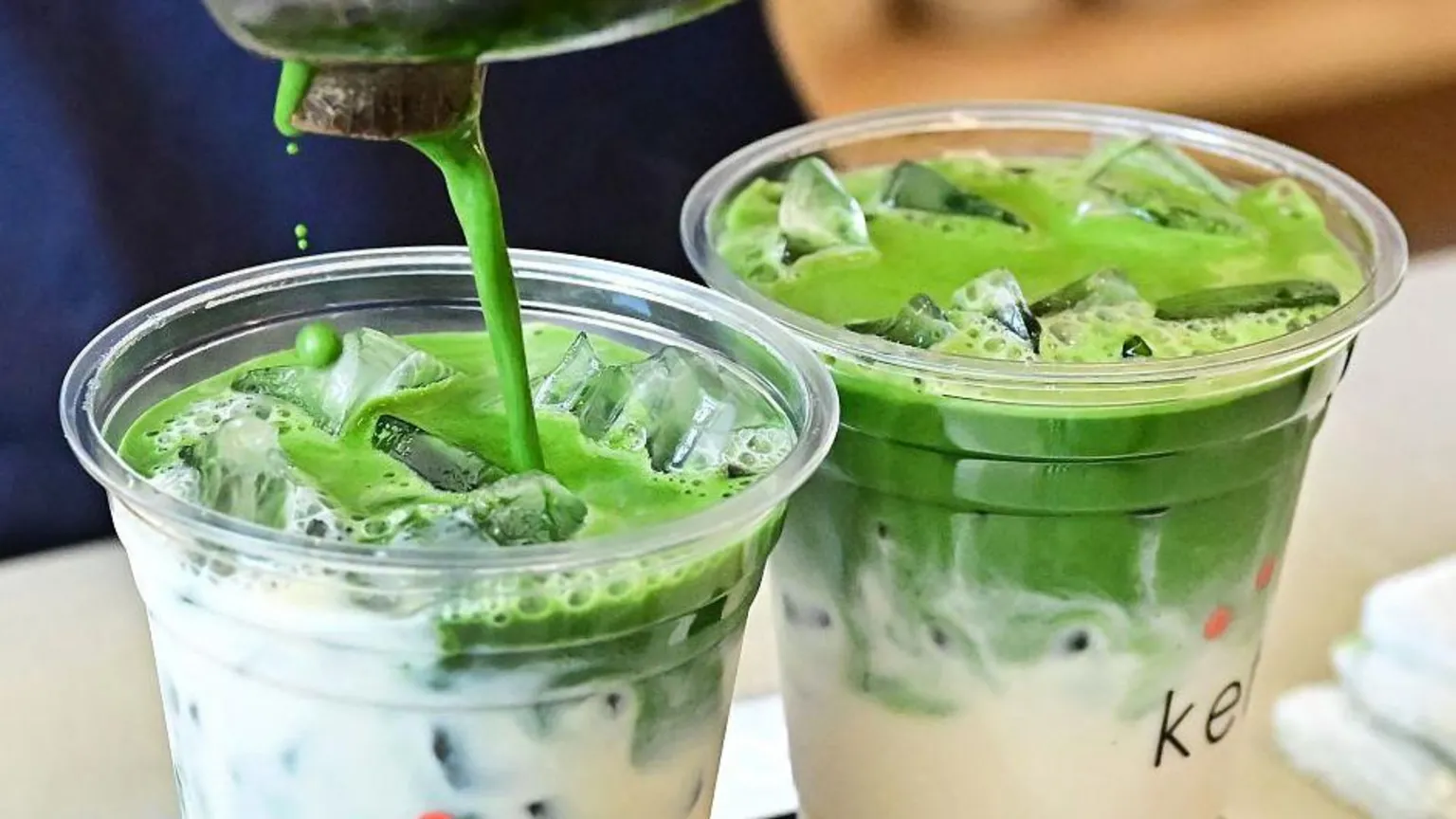Global matcha demand outpaces Japan’s supply

Matcha’s appeal lies in its health benefits, caffeine content, and deep, umami-rich flavour developed through a delicate and time-intensive production process.
The global obsession with matcha is pushing Japan’s traditional tea industry to its limits, as booming demand, climate-related crop failures, and new trade tariffs leave shelves bare and prices soaring.
Once a niche beverage revered in traditional Japanese tea ceremonies, matcha is now a worldwide trend. From lattes in London cafés to doughnuts in Singapore, the finely ground green tea powder is fast becoming a staple in popular food culture.
Social media platforms, particularly TikTok, under the viral hashtag “Matcha Tok” have further fuelled its popularity, with influencers posting everything from brewing tips to matcha dessert recipes.
Matcha’s rising fame also coincides with Japan’s post-pandemic tourism surge and a weak yen, which have made the country more attractive to foreign shoppers and spurred even greater interest in Japanese products.
But as global demand escalates, supply is struggling to keep pace.
Tea importer Lauren Purvis, who runs Oregon-based Mizuba Tea Co., said her customers are burning through what used to be a month’s supply in a matter of days. “Some cafes are even asking for a kilo a day. They're desperate to keep up,” she said.
Matcha’s appeal lies in its health benefits, caffeine content, and deep, umami-rich flavour developed through a delicate and time-intensive production process.
The tea is made from tencha leaves, which are shaded during growth to preserve their unique taste before being harvested, dried, and ground into a fine powder using stone mills.
This artisanal process yields only about 40 grams of matcha per hour.
Yet recent months have brought record-breaking heatwaves to Japan’s major tea-growing areas, damaging crops and sharply reducing harvests. In Kyoto, which produces about a quarter of the country’s tencha, rising temperatures have contributed to lower yields despite climbing demand.
At the same time, Japan is grappling with a dwindling farming workforce. As the population ages, fewer young people are entering agriculture, leaving tea farms with fewer hands to meet the surge in orders.
In Uji, a city in Kyoto famed for matcha, shops frequently see their stock wiped out as soon as they open. Retailers have resorted to rationing—some limiting purchases to a single tin per customer. At Camellia Tea Ceremony in Kyoto, this restriction was introduced as tourist numbers doubled over the past year. “Matcha is the highest grade of tea and it's so special to us,” said director Atsuko Mori. “So there's a bit of a contradiction when I hear stories about how it's resold or used in food.”
Rie Takeda, a tea master at Tokyo-based Chazen, said the shortage has affected both supply and pricing. “Orders that would previously arrive in just days can now take more than a week,” she said, noting that prices at Chazen’s outlets have climbed by about 30% this year. “[The demand] is good. It's a gateway for more people to know about Japanese culture,” she added through a translator.
Despite the strain, Japan’s matcha industry has been expanding. According to the agricultural ministry, production nearly tripled between 2010 and 2023. Exports of green tea—including matcha—also rose 25% last year, reaching 36.4 billion yen ($250 million).
However, new trade barriers could create further challenges. A fresh deal between Japan and the US will impose a 15% tariff on Japanese imports, including matcha. Lauren Purvis said orders surged by over 70% in early July as buyers tried to beat the tariff deadline.
“As Japanese tea is not grown in the US, there is no American industry under threat that tariffs need to protect,” she said. “We hope there will be a realisation that specialty tea should be exempt.”
Amid the shortages, there is also a growing call to consume matcha more mindfully.
Some tea advocates are urging consumers to use culinary-grade matcha, sourced from later harvests, for cooking and reserve premium matcha for traditional preparation to preserve its flavour.
The Global Japanese Tea Association warns that using top-grade matcha in lattes or desserts often masks its delicate taste. “Promoting awareness of these distinctions helps ensure Japanese tea is enjoyed with respect, while supporting the craft and tradition behind it,” the association said.
Not everyone sees the shortages as permanent. Masahiro Nagata, co-founder of Matcha Tokyo, believes the market may stabilise in coming years. “Low quality matcha is selling for a high price, and we think that this will no longer be a viable business,” he said. “There is a boom at the moment and demand is growing rapidly, but we think that will calm down a bit in two to three years.”
